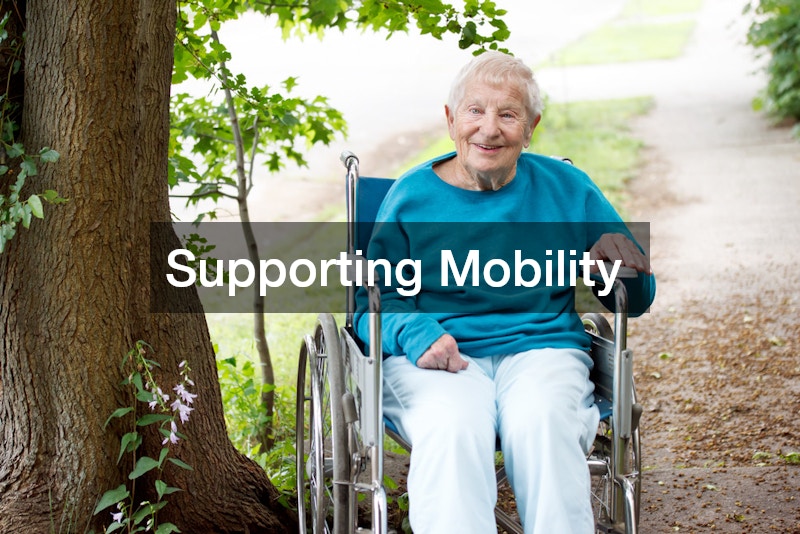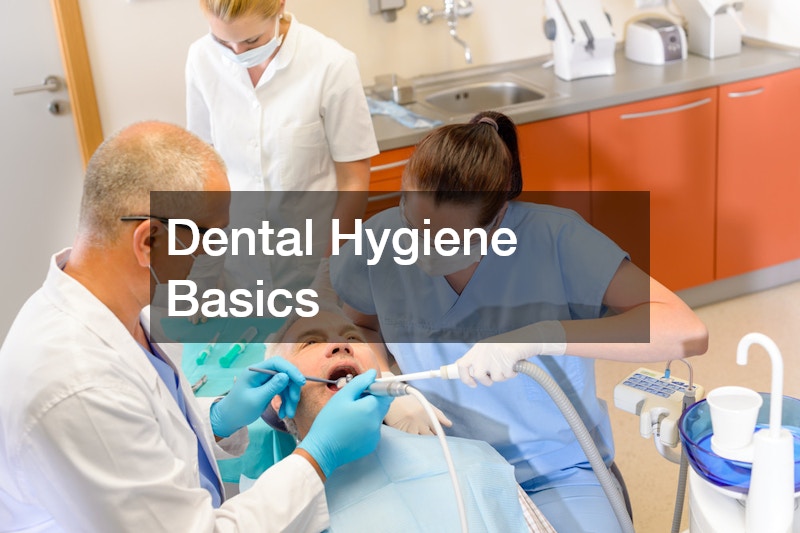1. Evaluating Daily Needs
As parents age, their ability to manage daily tasks often diminishes gradually. Things like cooking, personal hygiene, medication management, and housekeeping can become overwhelming or unsafe without support. It’s crucial to routinely assess how well your parent is managing these responsibilities, even if they’re reluctant to acknowledge difficulties. This evaluation provides a clear picture of when and where interventions are needed.
When these everyday tasks start to pose risks or go unattended, considering structured support options becomes necessary. Assisted living communities with these tasks offer a middle ground between independent living and full-time medical care. They enable seniors to maintain a degree of independence while ensuring their safety and well-being are prioritized. These environments are typically staffed with trained professionals who monitor health and wellness, provide meals, and assist with tasks as needed.
Bringing in additional care through this type of living arrangement can reduce stress on both you and your parent. It ensures that help is not just available—it’s proactive and personalized. This can be particularly valuable for families who cannot be present every day. Trusting that your parent is surrounded by a community that supports their evolving needs provides peace of mind while allowing your loved one to age with dignity and comfort.
2. Exploring Living Options

Not all older adults require intensive daily support, but many can benefit from lifestyle changes that prioritize safety and social engagement. Evaluating where your parent lives and whether that environment still serves their needs is an essential part of planning for additional care. In some cases, the home they’ve lived in for decades may no longer be the best fit.
A variety of residential options exist, specifically designed to support aging individuals who still retain a good degree of independence. These retirement communities emphasize togetherness, convenience, and access to amenities that cater to seniors. They often offer dining services, group activities, transportation, and low-maintenance housing features like one-level living or emergency call systems. Transitioning into such a setting can ease daily burdens while introducing new opportunities for connection and wellness.
When a parent enters a new living environment that supports aging in place, additional care becomes more accessible and integrated into daily life. It’s no longer just about where they live—it’s about how well their surroundings promote longevity and fulfillment. These communities not only provide physical support but also combat isolation, helping seniors remain mentally and emotionally active in their later years.
3. Managing Foot Health
Foot problems are common in older adults and can have a significant impact on mobility, balance, and overall health. Even small issues like calluses or improperly trimmed nails can lead to infections or falls if left unaddressed. Monitoring foot health is a small but vital part of planning for your parent’s additional care, especially if they have diabetes or circulatory issues.
A podiatrist can diagnose and treat a wide range of problems that affect older individuals. These include bunions, corns, ingrown toenails, and more serious conditions like neuropathy or ulcers. Regular visits can help prevent minor discomforts from developing into major medical concerns. Addressing foot health early and often is key to maintaining independence and preventing injury.
Incorporating foot-focused care into your parent’s routine ensures a more holistic approach to additional care. It’s not just about treating symptoms—it’s about proactive prevention. Ensuring they have access to the right footwear, daily care habits, and scheduled checkups can dramatically improve comfort and reduce the risk of falls, which are a leading cause of hospitalization among seniors.
4. Supporting Mobility

Maintaining mobility is crucial to an aging adult’s sense of independence. Over time, reduced flexibility, joint stiffness, and chronic pain can hinder even simple tasks like walking, bending, or standing up from a chair. Mobility support is an important piece of any plan for additional care because it directly affects quality of life.
A therapeutic chiropractic service aimed at improving spinal alignment and joint function can provide non-invasive support for seniors experiencing pain or stiffness. This kind of treatment is often used to address conditions like arthritis, back pain, and postural issues. It may complement other mobility strategies such as physical therapy or assistive devices. The goal is to reduce discomfort and increase movement.
Integrating body-focused therapies into an aging parent’s routine contributes to a well-rounded approach to additional care. When mobility improves, so does confidence. Daily activities become less daunting, and the risk of injury from overcompensation or falls decreases. Tailored, gentle interventions can preserve your parent’s ability to stay active and enjoy more of the daily routines that bring them comfort.
5. Hearing Loss Signs
Hearing loss in older adults can often go unnoticed or be misinterpreted as confusion or disinterest. However, diminished hearing significantly affects communication, safety, and social interaction. Recognizing the signs early—such as repeatedly asking for things to be repeated, turning up the TV too loud, or withdrawing from conversations—is a crucial component of planning additional care.
Conducting regular evaluations helps determine the extent of hearing loss and identify the most suitable interventions. Professional hearing tests can detect issues with clarity, tone recognition, or volume perception and lead to solutions like hearing aids or other assistive technologies. Early testing makes it easier to address concerns before they lead to long-term isolation or frustration.
Prioritizing hearing as part of additional care not only improves your parent’s ability to engage with others but also enhances their safety. Being able to hear alarms, doorbells, or verbal instructions is essential in emergencies. With the right tools and regular assessments, your parent can remain actively connected to the world around them and maintain a stronger sense of autonomy.
6. Dental Hygiene Basics

Oral hygiene often becomes more difficult to maintain with age, but it remains just as important. Deteriorating dental health can lead to pain, infection, and even nutritional problems. Seniors may struggle with proper brushing or flossing due to arthritis, forgetfulness, or a lack of routine. Ensuring that oral hygiene is supported is an essential aspect of additional care.
Regular professional teeth cleaning plays a key role in preventing tooth decay and gum disease. These appointments help remove plaque and tartar that daily brushing might miss, especially in hard-to-reach areas. Cleanings also allow dental professionals to spot early signs of larger issues, such as cavities or mouth sores, before they escalate.
Adding consistent dental care to your parent’s health routine reinforces the value of proactive additional care. Cleanings not only preserve their oral health but also contribute to comfort, confidence, and proper nutrition. Helping them maintain a clean, pain-free mouth is a small investment with significant returns for their overall quality of life.
7. Gum Health Support
Gum health is often overlooked but has a direct connection to cardiovascular health and other systemic conditions. As we age, the risk of gum disease increases due to changes in immune response, medication side effects, and reduced oral hygiene. Monitoring and treating gum-related issues is another important element of additional care for aging adults.
Specialized treatments focus on cleaning beneath the gumline to remove bacteria and prevent the progression of periodontal disease. These periodontal care services may include deep cleanings, scaling, root planing, and ongoing maintenance visits. Without this attention, inflammation and infection in the gums can spread and contribute to other health problems.
Incorporating gum-focused support as part of your parent’s routine medical planning rounds out a comprehensive additional care approach. It’s not only about preserving teeth—it’s about protecting heart health and systemic stability. With regular monitoring and treatments, gum care enhances comfort and helps reduce the risk of more serious complications over time.
8. Navigating Coverage

Health coverage becomes increasingly complex with age, especially when chronic conditions require more specialized services. Understanding how different types of coverage work—what’s included, what’s not, and how it affects access to care—is an essential part of managing additional care for an aging parent.
Specific insurance options are designed to help older adults manage ongoing vascular or circulatory health issues. These vascular Medicare plans may cover routine monitoring, medication, screenings, and treatments that aren’t included in basic policies. Selecting the right plan involves weighing the needs of your parent’s existing conditions with the services and providers available in their area.
Having the appropriate plan in place ensures your parent gets the full spectrum of additional care without incurring overwhelming out-of-pocket costs. It also simplifies coordination between providers, facilitates preventative services, and allows for more streamlined care delivery. Taking the time to understand and enroll in the best-suited coverage can make a lasting difference in your parent’s comfort and well-being.
9. Understanding Benefits
Navigating benefits, particularly those tied to disability or long-term income, can be overwhelming. Many families don’t realize they may be entitled to assistance that could significantly ease the financial strain of additional care. Knowing how and when to seek expert help in this area is critical to securing what your parent is legally entitled to.
Legal professionals who specialize in disability claims can help with application processes, appeals, and clarifying eligibility requirements. These SSDI lawyers ensure that paperwork is filed correctly and represent your parent’s interests when navigating the often-complicated system of Social Security benefits. The right guidance can speed up approval and reduce denials.
Adding legal support to your parent’s care team helps unlock funding options that sustain additional care. Whether they need in-home help, medical services, or support with daily expenses, securing the right benefits can relieve pressure and allow more flexibility in care decisions. Legal expertise ensures you’re not leaving important financial tools untapped.
10. End-of-Life Planning
Facing the reality of an aging parent’s end-of-life stage is one of the most emotionally challenging aspects of caregiving. However, early and thoughtful planning helps ensure comfort, dignity, and peace in their final months. Acknowledging this need is a crucial part of a complete additional care strategy.
Support at this stage often focuses on quality of life, pain management, emotional support, and spiritual care. Professionals trained in end-of-life hospice care services work with families to create care plans that reflect the individual’s wishes. They provide ongoing guidance, home visits, and 24/7 support to ease the physical and emotional strain on everyone involved.
Including end-of-life considerations in your planning does not mean giving up hope. It means prioritizing compassion and respect. It allows your parent to remain as comfortable as possible while receiving the additional care they need. When families plan together, they often find strength in unity and clarity in moments that might otherwise feel overwhelming.
Getting the Care They Need
Caring for an aging parent is a journey filled with decisions that require both emotional strength and practical understanding. The need for additional care rarely appears overnight. It unfolds slowly, with subtle shifts in daily habits, energy levels, and abilities. Recognizing and addressing these changes early allows you to build a support system that upholds your parent’s dignity while promoting their health and comfort.
The key to success in providing additional care lies in being proactive, informed, and compassionate. Engage in honest conversations with your parent, seek expert input when necessary, and remain flexible as their needs evolve. It’s not always easy, but it’s deeply meaningful work that strengthens family bonds and supports long-term well-being.
Planning for additional care is about preserving the essence of who your parent is and giving them the tools to thrive through every chapter of life. By taking thoughtful steps now, you’re laying the foundation for greater peace of mind and mutual support in the years to come.